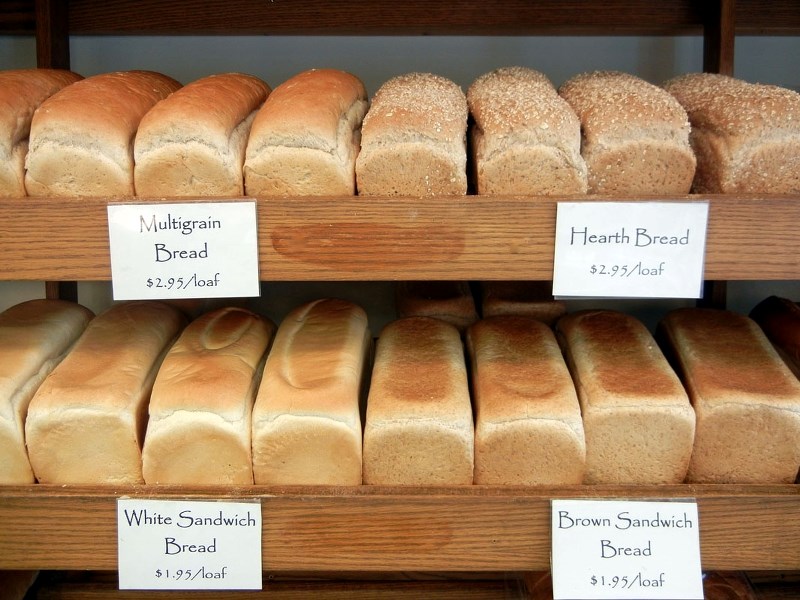Canada is one of the worst global offenders when it comes to food waste. Approximately $31 billion, the equivalent of two per cent of the GDP, is wasted annually on food that doesn’t make it to the plate.
Value Chain Management, a consulting firm, published the study in 2014 and revealed that 40 per cent of food produced is wasted and ends up in the landfill. Food is lost during every step of the food distribution chain but the largest misuse is found in Canadian homes. Of the $31 billion, 51 per cent of the food was wasted at home. Excess purchases are made in Canadian homes with the intention of use but ultimately ends up in the landfill. Retail is another large offender with 11 per cent of food being discarded rather than being sold to consumers.
In an attempt to solve the food waste problem, the authors of the study advocate adopting a socially conscious attitude and suggest donating the unused food to charities, such as food banks.
“It’s really unfortunate that so much food is being wasted in Canada,” said Sarah Palmer, a St. Albert resident. “It is hard to know what to do stop it though. As individuals we are probably too lazy to stop the problem and we don’t have the ability to give everyone responsible grocery shopping classes.”
In a developed country like Canada, it may come as a surprise that members of the community are going hungry while $31 billion of food is being wasted. In 2014, more than 14 million visits were made to Canadian food banks – a 24 per cent increase since 2008. Food insecurity is growing, particularly during the recent economic downturn. The St. Albert Food Bank is supporting more families and their shelves are increasingly becoming empty.
In May, France decided to tackle the food waste head on and voted to ban food waste from supermarkets, outlawing the destruction of unsold but still edible food products. Rather than dispose of the food, all large supermarkets were required to sign contracts with charities in an attempt to cut their food waste costs and help those in need. At the core of the legislation was the desire to help the suffering middle class during a time of economic instability.
“I think if we were to solve the problem we would need to be more organized,” Palmer said. “It is something we should be asking our governments for because most people are too busy and stressed out to care about important issues.”
In Canada, there is no such legislation and St. Albert does not have a formal food rescue program. Any food being salvaged is done by the individual efforts of the community. Cobs Bread, for example, has a relationship with the food bank and donates bread frequently to those in need.
The company has a policy not to sell day-old loaves, so without donation the food would be going to waste. Rather than discard it, Cobs donates the bread to members of the community in need.
“It’s not even totally a day old,” Suzan Krecsy, executive director of the St. Albert Food Bank, said. “It’s amazing. They stop at eight o’clock at night and they clean out their shelves and by nine o’clock in the morning we are picking it up.”
Krecsy said that if there were more interest from the community, a food rescue program would be something they would consider organizing. Until then, all edible but unused food from households can be donated to the St. Albert Food Bank to be used by those in need.




